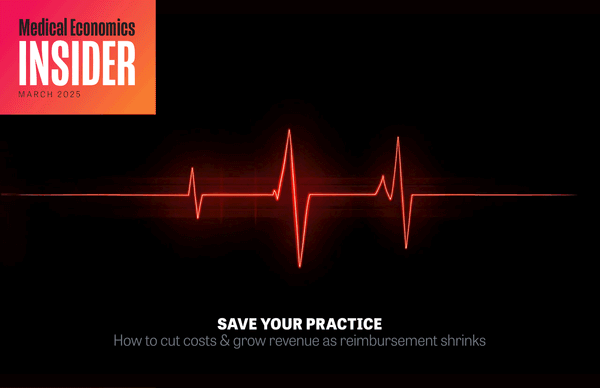
The introduction of the Affordable Care Act coupled with a host of assorted marketplace dynamics is causing physicians to think anew regarding how to build a practice that is not only sustainable in the near term but will maximize its growth potential over time.


